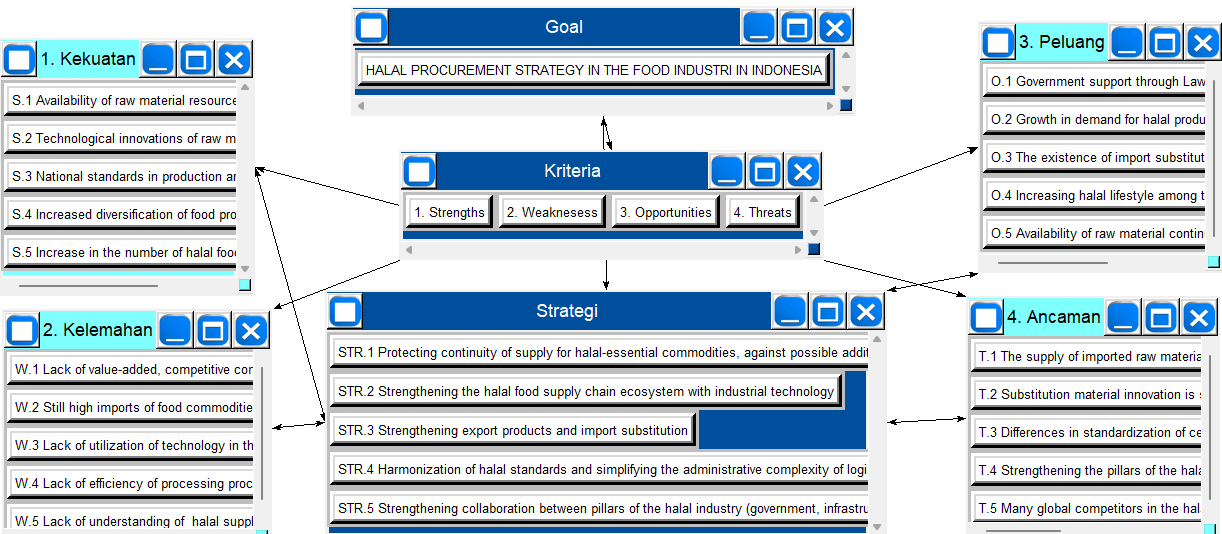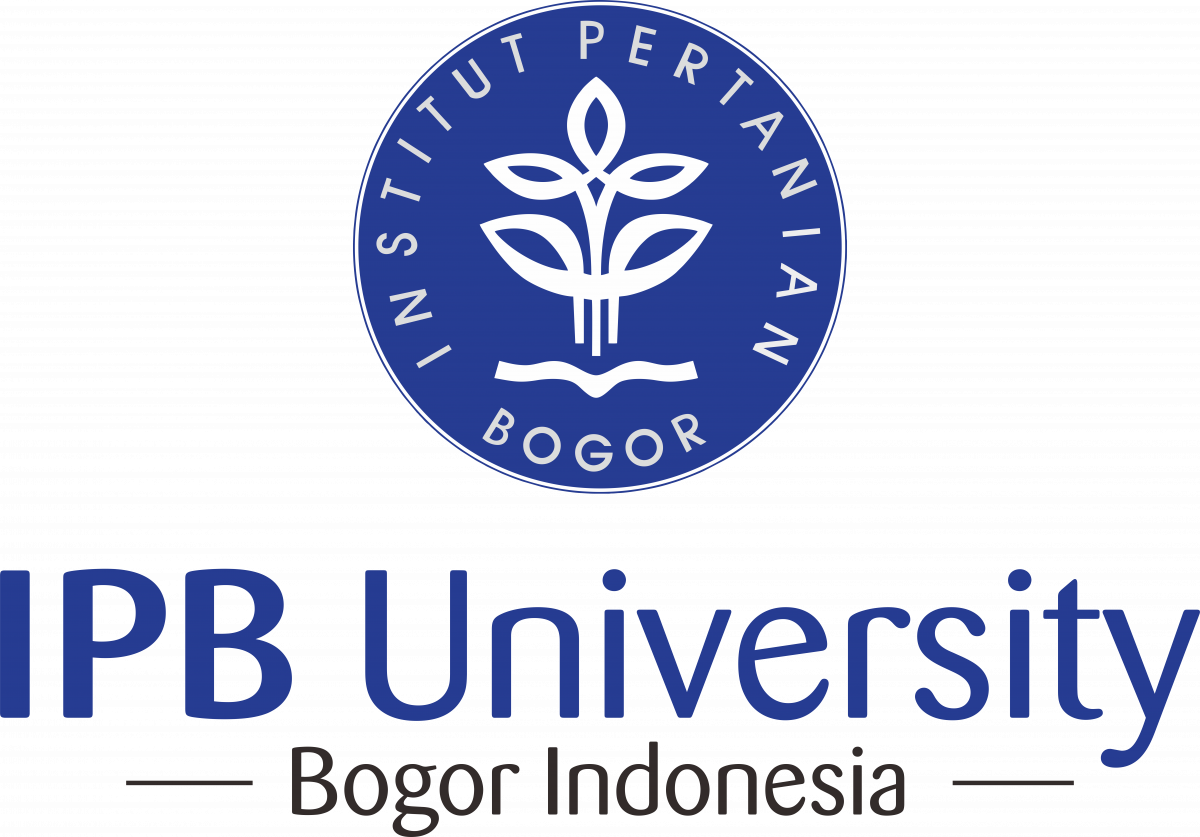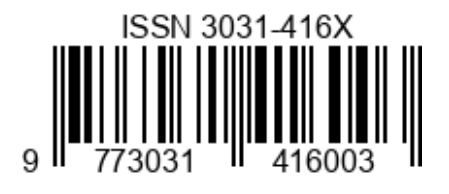Halal procurement strategy in the food industry in Indonesia
Abstract
Indonesia is a Muslim-majority country with significant potential to develop a solid halal industry. A critical area for growth in this sector is halal procurement, which has been observed to remain under-researched, particularly in the Indonesian context. Therefore, this study aims to address the gap by identifying challenges and proposing strategic solutions for halal procurement in the food industry of the nation. To achieve the stated objective, data was collected through expert interviews, Analytical Network Process (ANP) was adopted as the decision-making methodology, and Strength, Weakness, Opportunity, and Threat (SWOT) analysis was carried out. The results showed that strength factor was the first priority in advancing halal procurement in food sector in Indonesia. Specifically, the most influential factors identified include the availability of raw materials, the lack of value-added commodities, the guarantee of continuous raw material supply, and the presence of numerous global competitors, all of which served as the strength, Weakness, Opportunity, and Threat to the halal food industry.
References
Ascarya, DY. Determinan dan Persistensi Margin Perbankan. 2011;1(1):1-33. https://doi.org/10.21098/bemp.v12i1.349
[BI] Bank Indonesia. Ekosistem Industri Halal. 2022;Volume ke-5. https://doi.org/10.30595/pssh.v5i.420
Idris PSRPH, Musa SFPD, Sumardi WHH. Halal-Tayyiban and Sustainable Development Goals: A SWOT Analysis. International Journal of Asian Business and Information Management. 2022;13(2):1-16. https://doi.org/10.4018/IJABIM.20220701.oa9
Junusi R. Digital Marketing During the Pandemic Period: A Study of Islamic Perspective. Journal of Digital Marketing and Halal Industry. 2020;2(1):15. https://doi.org/10.21580/jdmhi.2020.2.1.5717
Kadoi'c N, Re¯dep NB, Divjak B. The Analytic Network Process. Proceedings of the 14th International Symposium on Operational Research, SOR 2017. 2017;180-186.
Kariyasa K, Dewi YA. Commodity-Procurement Strategies of Food Companies: A Case Study. Journal of Gender, Agriculture and Food Security. 2011;1(3):1-22.
Khairani ZD, Ridwan AY, Saputra M. Halal SCM: How To Monitor Halal Performance of Procurement Process for Food Industry in Indonesia By Using ERP System. International Conference on Rural Development and Entrepreneurship. 2019;5(1):1300-1318.
[KNKS] Komite Nasional Keuangan Syariah. Masterplan Ekonomi Syariah Indonesia 2019-2024. 2018. https://knks.go.id/storage/upload/1573459280-Masterplan%20Eksyar_Preview.pdf.
[KNKS] Komite Nasional Keuangan Syariah. Kerangka Sistem Ketertelusuran Halal untuk Industri Pangan, Makanan, dan Minuman Halal di Indonesia. 2021.
Novianti D, Arkeman Y, Almunawar MN, Haditjaroko L, Ismayana A. Designing a Transparent Distributed System for Halal Supply Chains Using Blockchain Technology. Journal of Business and Economic Analysis. 2020;03(02):151-170. https://doi.org/10.1142/j_10.36924sbe.2020.3204
Rusydiana AS, Irfany MI, As-Salafiyah A, Tieman M. Halal supply chain: a bibliometric analysis. Journal of Islamic Marketing. 2023;(ready for published). https://doi.org/10.1108/JIMA-01-2022-0009
Shakira S, Shari B. Enhancing Halal Procurement Practice Among Hotels in Malaysia. International Journal of Business and Management Future. 2021;7(1):1-9. https://doi.org/10.46281/ijbmf.v7i1.1468
Shari SS, Supian K, Alyaa AS, Buhari AL, Kajendran V. Development of Halal Procurement Practices: A Meta-Analysis. Selangor Business Review. 2022;7(1):44-55.
Tieman M, Ghazali MC. Principles in halal purchasing. Journal of Islamic Marketing. 2013;4(3):281-293. https://doi.org/10.1108/JIMA-01-2012-0004
Tieman M, Zakaria Z, Sulaiman A, Ramli SQ. Halal Procurement Strategy in the Food Industry: A Focus Group Discussion. International Journal of Islamic Marketing and Branding. 2020;5(3):167. https://doi.org/10.1504/IJIMB.2020.113143
[UU] Undang-Undang No.33 Tahun 2014 tentang Jaminan Produk Halal.
[UU] Undang-Undang RI Nomor 3 Tahun 2014 tentang Perindustrian.
Waharini F. Model Pengembangan Industri Halal Food Di Indonesia. At-Tasyri': Jurnal Hukum dan Ekonomi Syariah. 2020;1(01):30-49. https://doi.org/10.55380/tasyri.v1i01.21
Wheelen TL, Hunger JD. Scanning: Formulation: Implementation: External: Environment. 2012.

Copyright (c) 2024 Albertty Indriansyah, Mohammad Iqbal Irfany, Marco Tieman

This work is licensed under a Creative Commons Attribution-ShareAlike 4.0 International License.











